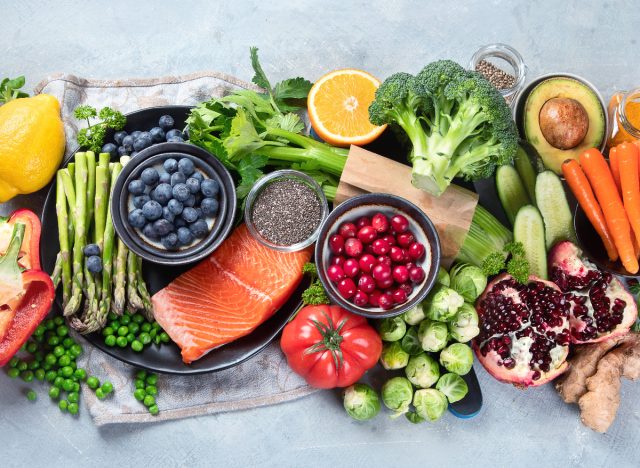If you're over the age of say, 30, concern about getting dementia someday has probably crossed your mind. Many worry about dementia and Alzheimer's disease because there is no cure. While science can't stop this devastating disease, a new study suggests something well within our ability to reduce our risk: cutting way back on ultra-processed foods. You know, the kind you love: soda, chips, hot dogs, doughnuts, burgers, French fries, white bread, pizza, and funnel cakes.
The study, published recently in JAMA Neurology, recruited more than 10,000 people ages 35 to 74 in 6 Brazilian cities. Brazilians eat a lot of fast food, similar to the United States, and about 20% to 30% of their daily calories come from ultra-processed foods.
Researchers from the University of São Paulo Medical School gave the participants cognitive tests at the beginning and end of the 10-year study and compared results to participants' reported diets. The analysis revealed that men and women who had the highest consumption of ultra-processed food showed a 28% faster rate of global cognitive decline and a 25% faster decline of executive function in the brain compared to people who ate the least junk foods.
Global brain function refers to large-scale activity throughout the brain while executive functions, processed in the pre-frontal cortex, include memory, problem solving, attention and self-control among others.
Ultra-Processed Foods and Your Brain

The observational study didn't prove direct cause and effect of eating ultra-processed foods, but the association is likely considering other clinical research. "The results of the study are not surprising because we know that diets rich in ultra-processed foods are linked with higher rates of obesity, type 2 diabetes, and cardiovascular disease, and these are also risk factors associated with higher risk for cognitive decline," says registered dietitian Julie Upton, RD, a member of the Eat This, Not That! Medical Review Board. "Foods that cause weight gain and are bad for your heart tend to be bad for your brain, too."
20 to 30% of ultra-processed foods in a daily total calorie intake of 2,000 works out to be between 400 and 600 calories. That's not hard to swallow when you think about it. Some sugary blended coffee drinks weigh in at 380 calories, and Wendy's Dave's Cheeseburger alone packs in around 600 calories.
It's easy to spot ultra-processed foods if you look at the packaging. Their ingredients lists are typically very long and contain preservatives, coloring, and hard-to-pronounce chemicals. Then there are highly processed foods that are harder to recognize like non-whole grain breads and baked goods, yogurts with added sugars, canned soups, and jarred sauces.
It's also important to note that not every processed food that comes in a can or box is bad for the brain. "Processing foods to some degree is certainly okay. Like milk and canned beans are totally fine," says Tobi Amidor, MS, RD, CDN, a Wall Street Journal best-selling author of The Family Immunity Cookbook. "It's the ultra-processed foods highlighted in the Brazilian study here that you want to eat in smaller amounts."
Food for Thought

The good news from this study about bad-for-the-brain foods is that the people studied who ate a healthy whole-food diet with few ultra-processed foods tended to have no decline in brain power. "Rather than target foods to avoid or cut out, the best approach for a truly healthy lifestyle is to focus on what to eat more of or add into your diet," suggests Lisa Moskovitz, RD, the CEO of NY Nutrition Group and author of The Core 3 Healthy Eating Plan. "Prioritize nutrient-dense whole food and that will naturally crowd out other foods that are not health promoting."
Eating with brain health in mind is, well, a no-brainer. It's similar to eating for good heart health: Stick to a healthy plant-forward diet rich in vegetables, fruits, and whole grains, and one that is low in saturated fats and added sugars, advises Upton. Doing that will "keep the blood vessels clear to maximize nutrients and oxygen to the brain to help stave off declines in cognition," she says.
No comments:
Post a Comment